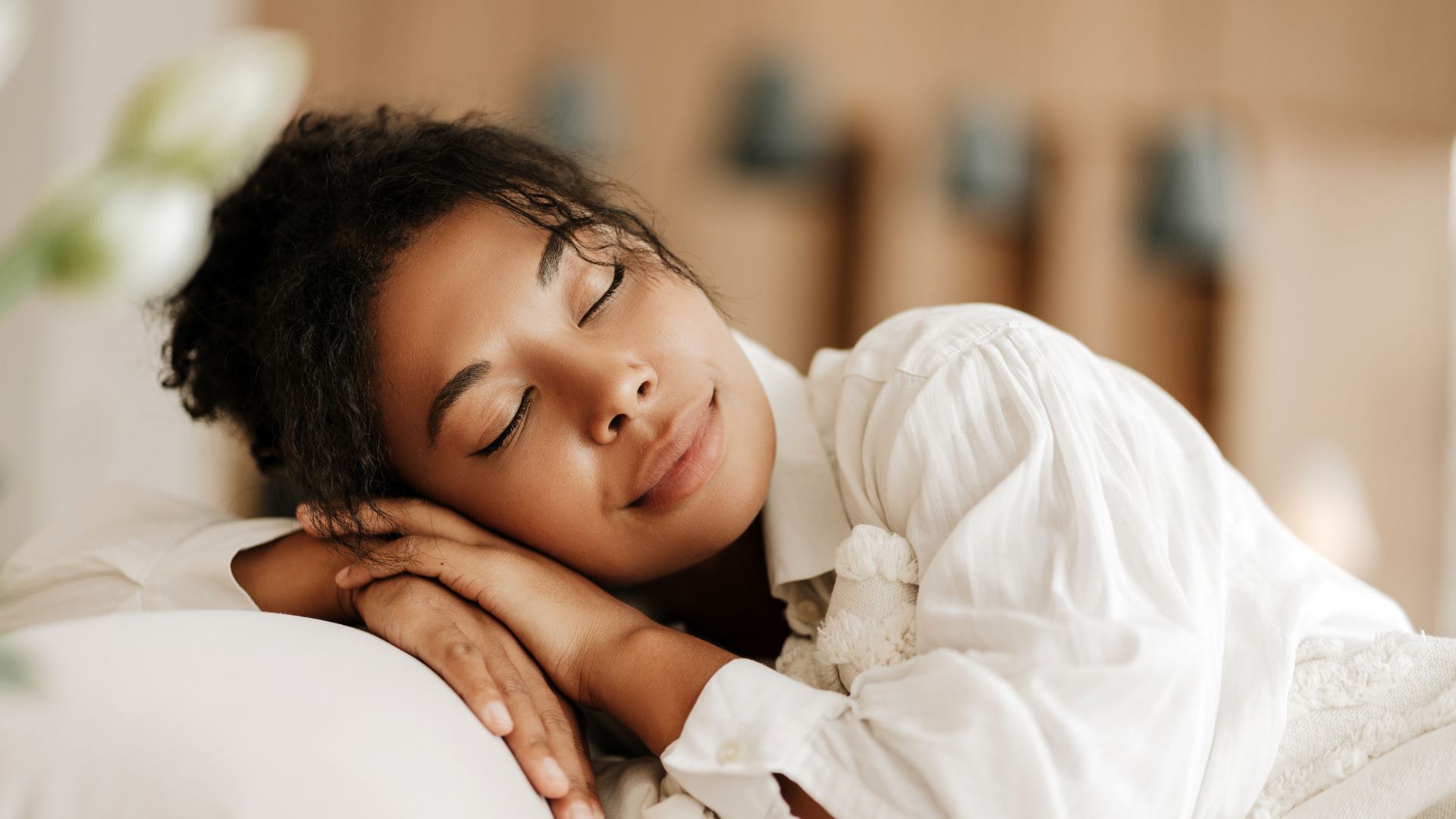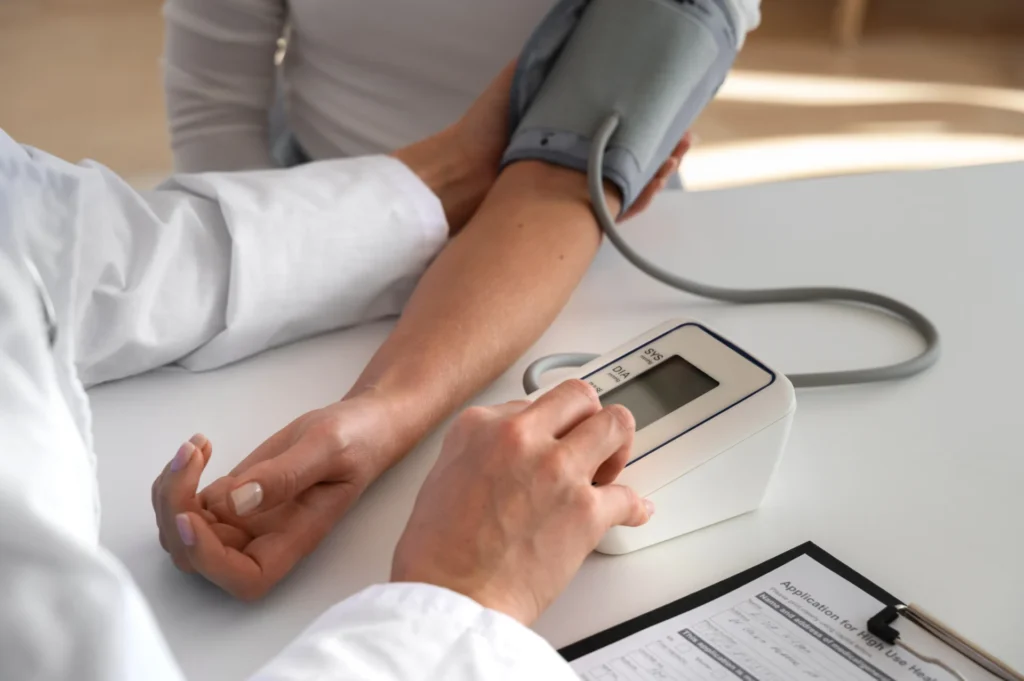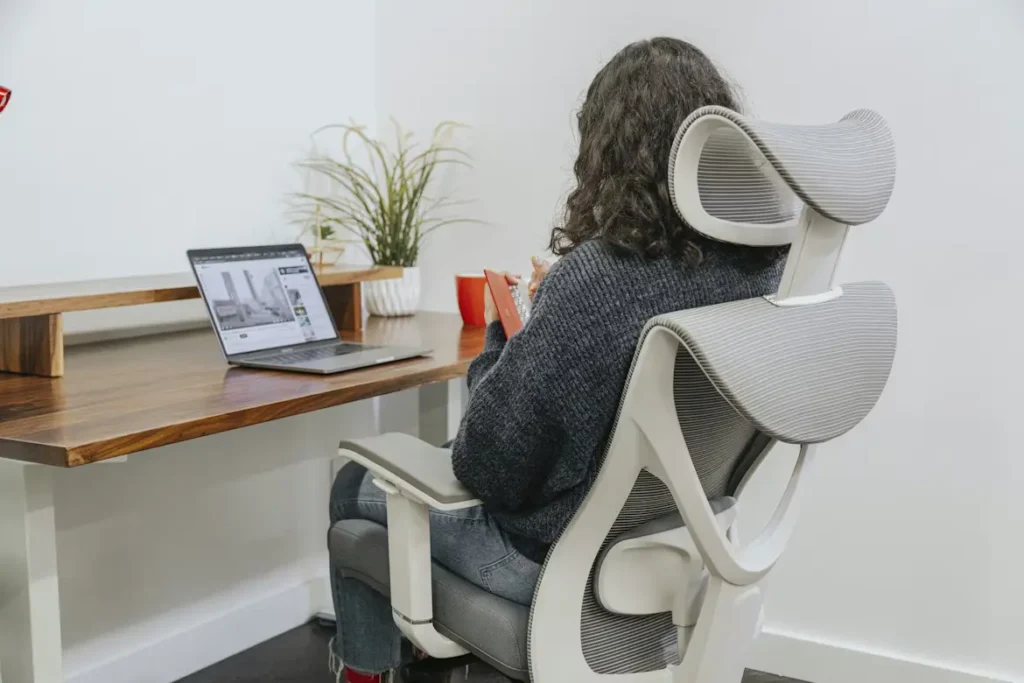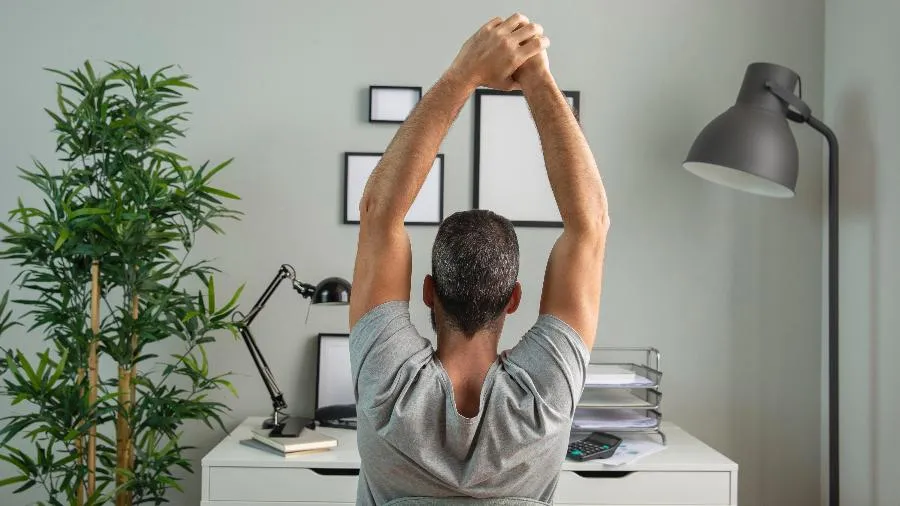Examining neighborhood noise ratings & sleep solutions
New York City’s energy is part of its charm. From the bright lights of Times Square to the 24/7 buzz of its streets, life here rarely slows down. But for residents, the very sounds that define the city can also take a toll on rest. Sleep disturbances caused by constant traffic, nightlife, and construction directly impact health, productivity, and overall well-being.
That’s where understanding New York City’s Sleep Quality Index comes in. By exploring sleep noise ratings across different neighborhoods and learning practical solutions, residents can make informed choices about where they live—and how to create a healthier, more comfortable sleeping environment.

What is the Sleep Quality Index?
The Sleep Quality Index is a scoring system used by researchers and health specialists to measure how well people are sleeping in a particular area. It considers factors such as:
- Nighttime noise levels
- Environmental disruptions (sirens, bars, construction)
- Bedroom environment quality (air, light, soundproofing)
- Self-reported sleep satisfaction
Sleep Quality Index Scoring ranges from “very poor” to “excellent.” For NYC, this scoring highlights dramatic differences between neighborhoods, sometimes just blocks apart.
The noise factor: why sleep in NYC is different
Living in New York comes with unique challenges. While many residents love the city’s vibrancy, the pros and cons of living in New York City often boil down to quality of life, and sleep is a major part of that equation, with noise complaints, higher stress levels, and disrupted circadian rhythms accepted as being simply part of New York life.
NYC has residential noise regulations, but enforcement is inconsistent. Horns, garbage trucks, and rooftop parties don’t always end at a reasonable hour. For many, this creates a nightly struggle between enjoying the city and protecting their health.
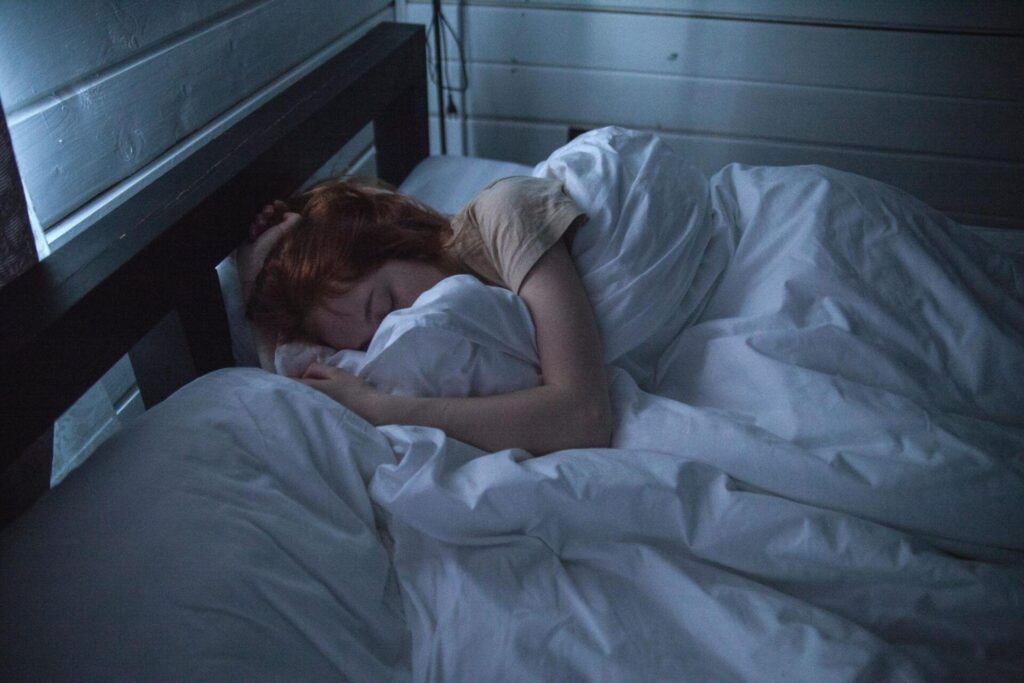
NYC Sleep Quality Index by neighborhood
Sleep quality isn’t uniform across New York. Some neighborhoods hum with activity well into the night, while others enjoy more suburban quiet. Below is a breakdown of how noise levels and sleep quality differ across the five boroughs:
| Borough | Sleep Quality | Noise sources | Impact | Score |
| Midtown Manhattan | Low. | Traffic, tourists, nightlife, and constant sirens. | Residents report frequent awakenings and short sleep cycles. | Poor. |
| Upper West Side | Balanced. | Busy avenues like Broadway, but quieter tree-lined side streets. | Families and professionals often find restful sleep on side streets, while those near main avenues experience more traffic noise. | Moderate to good. |
| Upper East Side | Quieter than expected. | Some traffic along Lexington and Second Avenue. | Many residents benefit from quieter, residential blocks—better conditions for restorative sleep compared to busier downtown neighborhoods. | Good. |
| Greenwich Village | Trendy but mixed sleep quality. | Bars, live music, and Washington Square activity. | Popular for its cultural scene, but weekend nightlife often disrupts deep sleep, especially for light sleepers. | Moderate to fair. |
| Williamsburg | Hip but noisy. | Trendy bars, music venues, and late-night restaurants. | Younger renters may accept the trade-off, but light sleepers often struggle. | Fair. |
| Brooklyn Heights | High. | Limited; occasional traffic near the Promenade. | Leafy streets and lower population density contribute to fewer nighttime disruptions, supporting deeper, more consistent sleep. | Very good. |
| Park Slope | Improved, family-friendly. | Occasional street traffic, weekend nightlife. | Residential side streets remain calmer, making it easier for families to maintain consistent sleep routines. | Good to very good. |
| Queens (Astoria & Flushing) | Balanced. | Busy avenues and subway lines, but quieter side streets and residential zones. | Many residents find sleep easier than in Manhattan while still enjoying city convenience. | Good to very good. |
| Financial District | Better than expected. | Weekday traffic and daytime construction. | Surprisingly quieter at night since most offices close, leading to calmer evenings. | Good. |
| Riverdale, Bronx | High. | Minimal, more suburban environment. | Residents enjoy better rest due to quieter streets and more green space. | Very good. |
| Staten Island | Highest rating. | Limited compared to other boroughs. | Many residents report longer, higher-quality rest. | Excellent. |
What New Yorkers really want to know
At the end of the day, most New Yorkers are searching for two things when it comes to considering where they live and the best quality of life:
- “Where should I live for better rest?”
- “What tools or practices actually help me sleep?”
The truth is, your choice of neighborhood matters: quieter residential blocks in the Upper East Side, Brooklyn Heights, or Park Slope will naturally support better rest than nightlife-heavy areas like Midtown or Williamsburg. But no matter where you live, you can still improve your night’s rest by using science-backed practices and sleep-friendly products to establish a consistent wind-down routine. The key is finding the right balance between the lifestyle you want and the sleep you need.
Why sleep quality matters for health
Sleep isn’t a luxury; it’s a biological necessity. The effects of noise pollution start with poor sleep, which in turn leads to both short-term and long-term health consequences.
- Immediate effects: Irritability, headaches, poor focus, muscle tension.
- Long-term risks: Hypertension, cardiovascular disease, weight gain, anxiety, and depression.
According to the American Sleep Association, nearly 70 million Americans suffer from sleep disorders, with urban residents like those in NYC disproportionately affected. Chronic lack of deep sleep means your body never fully repairs itself, leaving you more vulnerable to illness and stress.
As a sleep specialist in NYC, we regularly see patients whose health concerns are closely tied to poor sleep. Back pain, migraines, muscle tension, and chronic fatigue often worsen when the body never gets enough time to recover overnight fully. During deep sleep, your nervous system resets, muscles repair, and stress hormones are regulated. Without these restorative cycles, even minor spinal misalignments or postural issues can become amplified, leading to persistent discomfort and reduced resilience against everyday stressors.
What many New Yorkers don’t realize is that noise-related sleep disruption is a genuine health risk. Studies show that chronic sleep deprivation increases the risk of cardiovascular disease, weakens the immune system, and contributes to anxiety and depression. Over time, the combination of high stress, environmental noise, and insufficient rest can leave your body in a constant “fight or flight” state. That’s why addressing sleep problems is vital to protect long-term health, energy, and quality of life.
Practical sleep solutions to fight back against the noise
Living in a noisy city doesn’t mean you’re doomed to restless nights. With the right strategies, you can reclaim your sleep. Here are some tips to get you started:
1. Soundproof your space
- Heavy blackout curtains and window inserts block outside noise.
- Rugs and upholstered furniture reduce echo in small apartments.
2. Use sleep-friendly tech
- Noise-canceling earbuds like Bose, Sony, or Ozlo Sleepbuds can help block out disruptions.
- White noise machines/apps mask sudden sounds and create a steady backdrop.
- Cooling mattresses or covers such as 8 Sleep, ChiliSleep, or breathable toppers regulate body temperature.
- Weighted blankets ease anxiety and promote calm before sleep.
- Specialized pillows like the Pillowise chiropractor-designed neck pillow support spinal alignment.
- Sleep supplements such as magnesium glycinate or melatonin may help some people, though we recommend discussing use with a professional.
3. Establish a bedtime routine
- Avoid late-night caffeine and screen exposure.
- Gentle stretches or meditation signal to your body that it’s time to wind down.
4. Try chiropractic care
- At Prestige Health & Wellness, we’ve found chiropractic adjustments help relieve tension and improve overall relaxation, making it easier to fall and stay asleep.
- Correcting spinal misalignments can also improve nervous system balance, helping your body achieve deeper rest cycles.
5. Science-Backed Practices for Better Rest
Inspired by neuroscience research and experts like Andrew Huberman, here are small daily habits that can make a big difference:
- Morning sunlight exposure regulates your circadian rhythm.
- Limit caffeine to mornings only to avoid disrupting deep sleep.
- Avoid blue light from phones and laptops at night, or use blue-light-blocking glasses.
- Hot/cold therapy (like a warm shower before bed or a brief cold exposure earlier in the day) to trigger relaxation.
6. Know your rights
- Familiarize yourself with NYC residential noise regulations. You may be able to file noise complaints or request building improvements.
- Residents in certain neighborhoods may benefit from joining community boards that advocate for stricter enforcement.
Community insights: how New Yorkers adapt
Interestingly, many long-term residents report that they “get used to” city noise. But while adaptation may dull awareness, the body still suffers from disrupted deep sleep cycles.
Community groups across NYC are pushing for public health solutions like:
- Green space expansion to reduce traffic and nightlife noise.
- Stricter NYC residential noise regulations and enforcement.
- Health-focused urban planning to balance vibrancy with livability.
Why choose Prestige Health & Wellness?
Our team at Prestige Health & Wellness, in the heart of NYC, understands how city living affects your health. Our approach goes beyond quick fixes and instead considers the whole person. When you come to us for sleep-related concerns, we provide:
- Personalized care: Tailored chiropractic treatments that ease muscle tension and support healthy sleep cycles.
- Holistic recommendations: Guidance on lifestyle, posture, and relaxation techniques.
- Expert insight: Decades of combined experience helping New Yorkers improve their health in a demanding city.
Chiropractic adjustments are one of the most effective, drug-free ways to improve sleep quality. When your spine is misaligned, it can place extra strain on your muscles, nerves, and joints. This often leads to tension headaches, back pain, and stiffness—all of which make it harder to fall asleep and stay asleep.
Chiropractic care helps by restoring balance to the nervous system. A properly aligned spine reduces pressure on nerves, improves circulation, and allows your body to relax more naturally at night. Many patients also report that regular adjustments reduce the frequency of stress-related migraines and improve their ability to reach deep, restorative stages of sleep.
Beyond the physical benefits, chiropractic sessions can also lower overall stress levels. Gentle adjustments, combined with relaxation techniques, help calm the body’s “fight or flight” response, which is often triggered by NYC’s constant noise and pace. By easing both physical discomfort and nervous system strain, chiropractic care creates the conditions your body needs to get restorative rest.
Finding rest in the city that never sleeps
Good sleep is the foundation of overall health and well-being. While you may not be able to change the noise level of an entire neighborhood, you can take practical steps and seek expert guidance to improve your sleep quality index at home.
Living in such a vibrant city comes with an undeniable buzz, but the pros and cons of living in New York City should always be weighed with your health in mind. Sleep may be elusive, but with the right support, it’s possible to thrive in the city that never sleeps.
If you’re struggling with sleep disturbances, our team at Prestige Health & Wellness is here to help. From chiropractic care to lifestyle recommendations, we provide customized solutions that promote better rest, stronger health, and greater energy.

